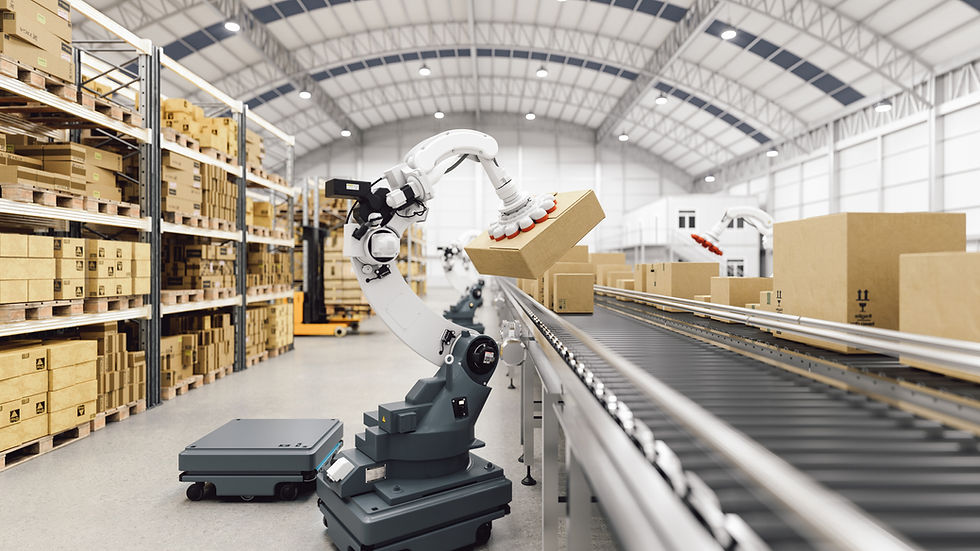PLC Programmer Job Interview Preparation Resources
- scottliebold

- Dec 10, 2023
- 2 min read
Updated: May 24, 2024
If you are interviewing for a PLC Programing role within a manufacturing environment this is a good outline to start with. Most importantly you need to review the job description and be prepared to speak your experience to the required skills. Also, print multiple copies of the job description and your resume to take with you to the interview. If virtual have the JD document ready to share during your virtual interview.

Preparing for a PLC programmer job interview requires a strong understanding of PLC (Programmable Logic Controller) programming concepts, industrial automation systems, and related technologies. Here's a list of topics to focus on:
PLC Fundamentals: Understand the basic principles of PLCs, including input/output (I/O) modules, ladder logic programming, scan cycle, and data types.
PLC Programming Languages: Be familiar with different programming languages used in PLCs, such as ladder logic, function block diagrams (FBD), structured text (ST), and sequential function charts (SFC). Be prepared to discuss the advantages and applications of each language.
PLC Hardware: Have knowledge of common PLC hardware components, including CPUs, memory modules, communication interfaces, and digital/analog I/O modules. Understand how to select appropriate hardware for specific applications.
HMI (Human-Machine Interface): Understand the role of HMIs in industrial automation systems and how they interact with PLCs. Be familiar with HMI programming concepts and software tools.
Industrial Networks: Have a basic understanding of industrial communication protocols such as Modbus, Profibus, Ethernet/IP, and DeviceNet. Know how to configure PLCs for communication over industrial networks.
Troubleshooting and Debugging: Be prepared to discuss your troubleshooting skills and strategies for diagnosing PLC program faults, hardware failures, and communication issues.
Safety Programming: Understand safety-related programming concepts, such as emergency stop circuits, safety interlocks, and safety PLCs (e.g., Siemens Safety Integrated). Be familiar with relevant safety standards and regulations.
Advanced PLC Features: Familiarize yourself with advanced PLC features and capabilities, such as motion control, PID loops, recipe management, and data logging.
Integration with SCADA Systems: Understand how PLCs integrate with SCADA (Supervisory Control and Data Acquisition) systems for real-time monitoring and control of industrial processes.
Industry-specific Knowledge: Depending on the industry you're interviewing for (e.g., manufacturing, automotive, pharmaceutical), familiarize yourself with industry-specific requirements, standards, and best practices related to PLC programming.
Experience and Projects: Be ready to discuss your experience with PLC programming, including specific projects you've worked on, programming languages you're proficient in, and any certifications or training you've completed.
Soft Skills: Highlight your ability to work in a team, communicate effectively with colleagues and clients, and adapt to changing project requirements.
By reviewing these topics and demonstrating your expertise and experience in PLC programming, you'll be well-prepared to impress your interviewers. Good luck!




Comments